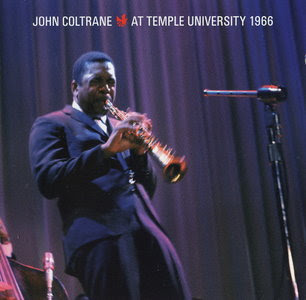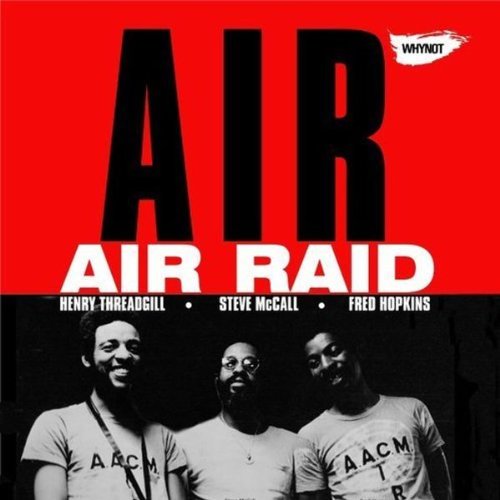Another gorgeous Free Factory re-issue, from last years' ending. Five tracks, three from a 1963 Copenhagen concert, just few days after the quintet recorded Niel Holt's Future One soundtrack. Consequences was taken from that lp, and along with the opening Coleman's Emotions, sounds like Archie Shepp's Fire Music: hot rhythms, breathtaking horn blows, confrontational attitude: October Revolution in music. Time's up also for a pianoless, but touching, Monk's Mood. This show was broadcasted by Danish Radiohusets, and it seems that those three tracks would be all that remains.
Last couple of titles comes before Cherry recorded his Symphony for Improvisers and after trumpeter, with saxophonist Gato Barbieri, released Togetherness. Long Suite presents material from Complete Communion (recorded five months before), as long as a nervous rendition of Afro-Blue, which is very far from Coltrane's majesty, and Golson's I remember Clifford. Five players involved in this Hilversum sessions never recorded together again: Don will meet 'Leandro' on Le Depart (soundtrack for beautiful Jerzy Skolimowski movie), Haden's Liberation Music Orchestra and Gaslini's Nuovi Sentimenti; pianist/vibist Carl Berger and drummer Aldo Romano would be present on Togheterness sessions, but these 30 minutes of music are the only bassist Bo Stief took part in trumpeter discography. Sound quality's quite good, not excellent, but a couple of few seconds noise intrusions wouldn't spoil listener's enjoyment.
Tracklist: 01. Emotions; 02. Monk's Mood; 03. Consequences; 04. Exodus; 05. Suite (For the Children / Afro Blue / I Remember Clifford).
Personnel: Don Cherry (trumpet) with: John Tchicai (alto), Archie Shepp (tenor), Don Moore (bass), J. C. Moses (drums) - 01/03; Gato Barbieri (tenor), Karl Berger (vibes, piano), Bo Stief (bass), Aldo Romano (drums) - 05/06.
Personnel: Don Cherry (trumpet) with: John Tchicai (alto), Archie Shepp (tenor), Don Moore (bass), J. C. Moses (drums) - 01/03; Gato Barbieri (tenor), Karl Berger (vibes, piano), Bo Stief (bass), Aldo Romano (drums) - 05/06.




